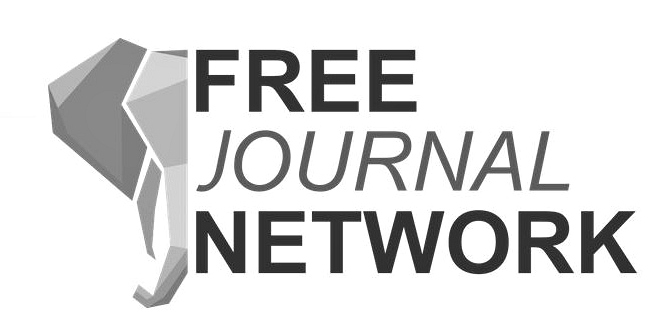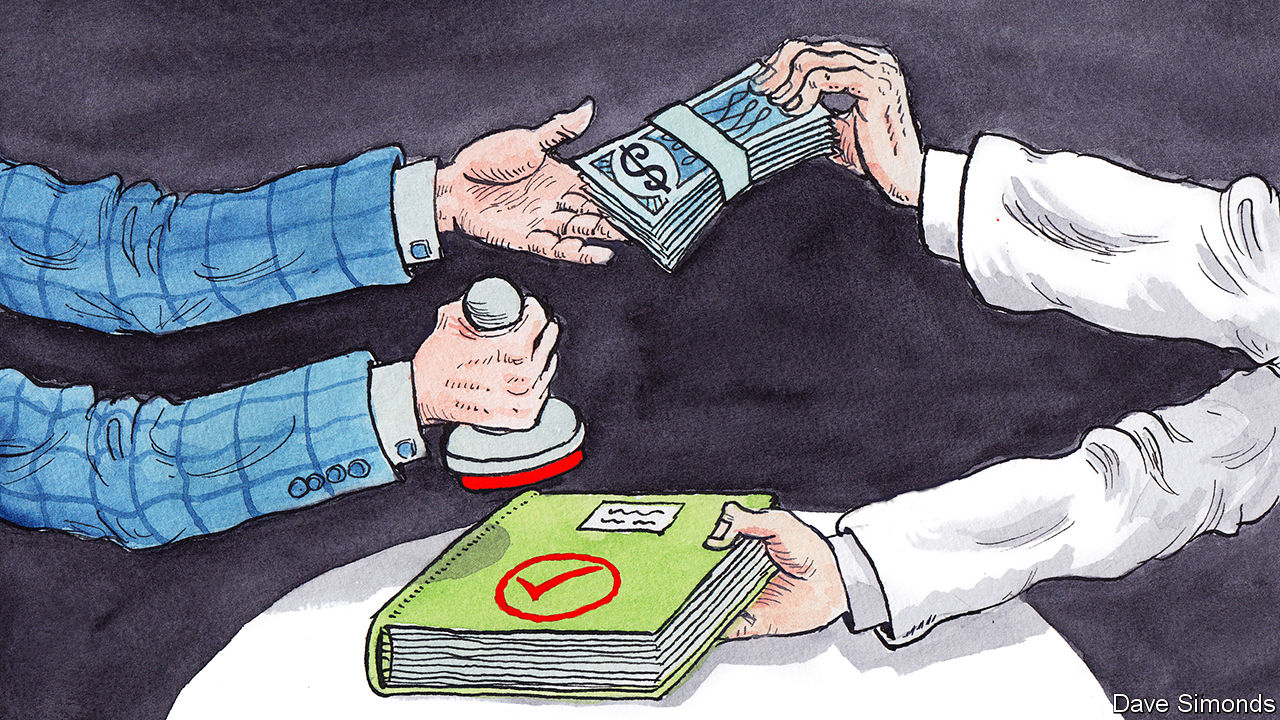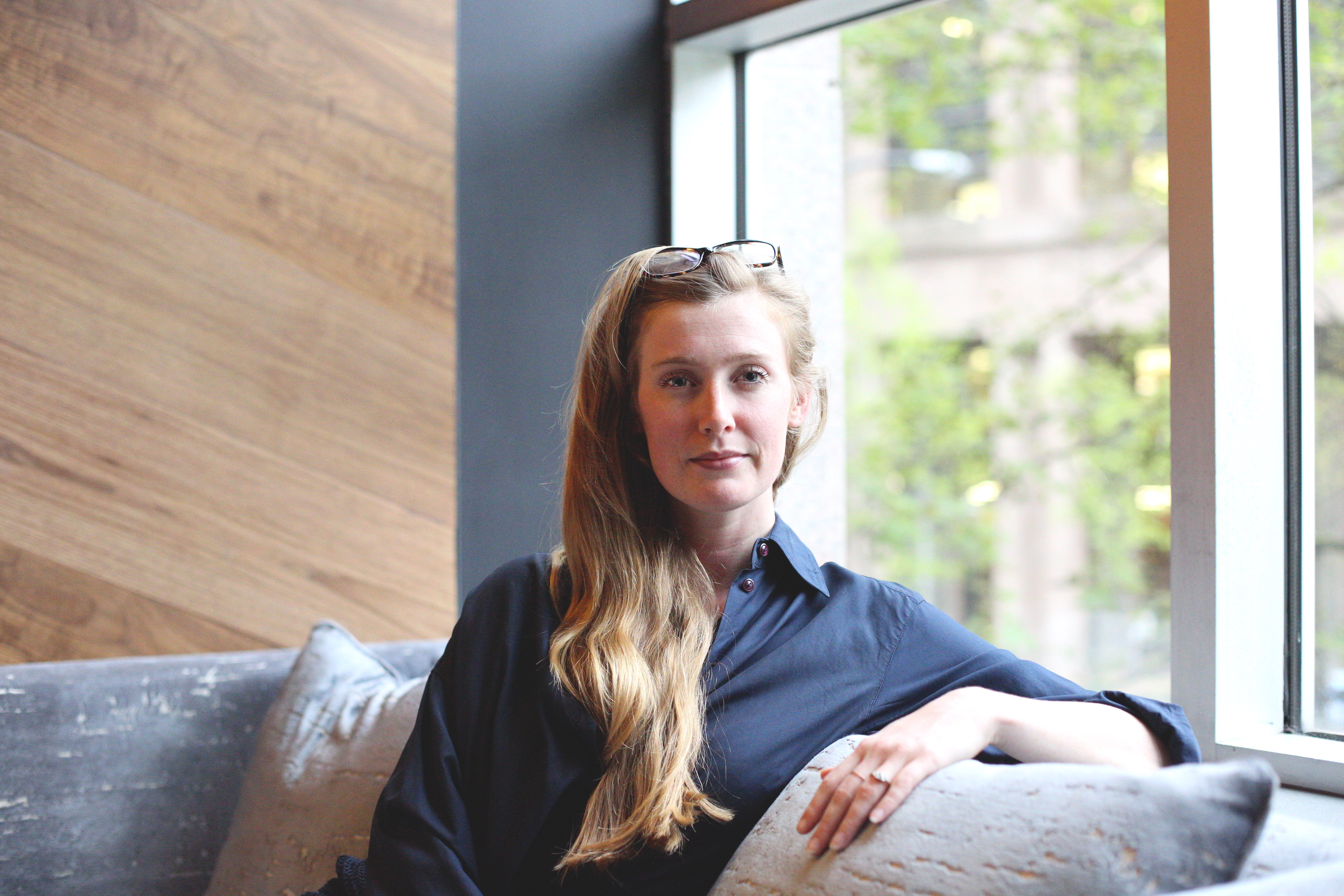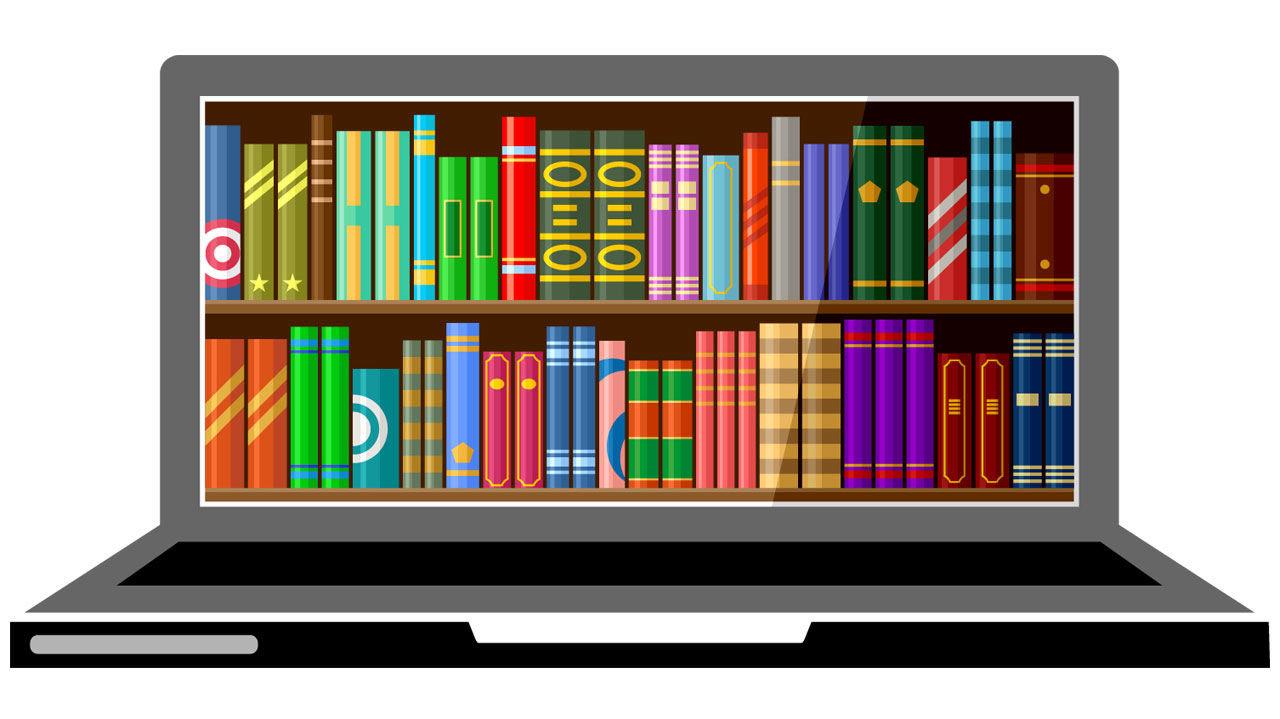Scientific Publishing Is Rigged - at Our Expense
If 'money makes the world go round' then the world of scientific publishing has proved to be no exception to the rule.

Send us a link
If 'money makes the world go round' then the world of scientific publishing has proved to be no exception to the rule.

"Elsevier is still not willing to offer a deal in the form of a nationwide agreement in Germany that responds to the needs of the academic community in line with the principles of open access and that is financially sustainable," says Horst Hippler, the lead negotiator and spokesperson for the DEAL Project Steering Committee.
A formal complaint to the European Commission Ombudsman regarding the relationship between Elsevier and the Open Science Monitor.
The objective of this scoping review is to summarize the literature on predatory journals, describe its epidemiological characteristics, and to extract empirical descriptions of potential characteristics of predatory journals.
Imagine using version control to track the process of research in real time. Peer review becomes a community-governed process, where the quality of engagement becomes the hallmark of individual reputations. All research outputs can be published and credited with not an 'impact factor' in sight.

A response to an article by Elsevier which critiqued a piece by Dr. Jon Tennant about them corrupting Open Science in Europe.
Elsevier - one of the largest and most notorious scholarly publishers - are monitoring Open Science in the EU on behalf of the European Commission. Jon Tennant argues that they cannot be trusted.

This free tool helps you shortlist verified open access journals from DOAJ for publishing your manuscript thereby safeguarding you from predatory journals.
A reflection as the seventh editor-in-chief of Nature hands over to the eighth.
A heuristic (exploratory) comparison of several new, free / mainstream academic search tools, concluding that their effectivness improves if an institution's library licenses them for off-campus authentication.

eLife is conducting a trial in which authors will decide how to respond to the issues raised during peer review.
There appears to be no realistic path forward that achieves Europe's 2020 open access targets without resulting in substantial revenue reductions for existing publishers. Will Europe miss its OA target? Or will publishers miss their revenue targets?

The Free Journal Network was established earlier this year in order to nurture and promote journals that are free to both authors and readers and run according to the Fair Open Access Principles.

One estimate puts the number of papers in questionable journals at 400'000.

"Their profit margins are bigger than oil and gas. Most people don’t know this,” explains Alyssa Arbuckle, Associate Director of a digital humanities lab at the University of Victoria.

Average spending has increased by 19 per cent in four years, Freedom of Information requests reveal.

Google's journal about artificial intelligence (AI) coming from editors and authors associated with Google and Google Brain raises questions about conflicts, vanity publishing, and Google as a media company.

Publishing exclusively in English can cause the deterioration of a culture’s local knowledge, brain drain, and hinder the emergence of important research. There are scholarly journals from the Global South who won’t flip to open access because they know they will be immediately labelled as predatory. Fixing these problems will require reconsidering how we talk about predatory publishers, no longer recommending blacklists, and using databases beyond Scopus and Web of Science.

As of May 2018, CORE has aggregated over 131 million article metadata records, 93 million abstracts, 11 million hosted and validated full texts and over 78 million direct links to research papers hosted on other websites.
Preprints are one of the fastest growing types of content in Crossref. The growth may well be approximately 30% for the past 2 years (compared to article growth of 2-3% for the same period).

Most researchers agree that drafting papers and interpreting results deserve recognition — but opinions don’t always match authorship guidelines.
Academics share machine-learning research freely. Taxpayers should not have to pay twice to read our findings.

The assumption that the publication of an article in a high-impact factor, indexed journal somehow adds value to international science is a collective illusion - one that is unfortunately shared by funding agencies, institutions and researchers. This illusion - which serves as an excuse to delegate the evaluation of science to for-profit companies and anonymous reviewers for the sake of false objectivity - costs taxpayers dearly.
A unique WWII-era programme in the US, allowed US publishers to reprint exact copies of German-owned science books, to explore how copyrights affect follow-on science. This artificial removal of copyright barriers led to a 25% decline in prices and a 67% increase in citations.
Objections to the Creative Commons attribution licence are straw men raised by parties who want open access to be as closed as possible, warns John Wilbanks.
Ethical, organizational and economic strengths and weaknesses of funder open access platforms: opportunities and threats presented by funder open access platforms in the ongoing transition to open access.
The AI field is increasingly turning to conference publications and free, open-review websites while shunning traditional outlets - sentiments dramatically expressed in a growing boycott of a high-profile AI journal.

Institutions, research funding bodies and publishers must all work together to change the system in the interest of advancing research, says Steven Inchcoombe.

Just as the peer review system of journal publication is itself an ever-evolving construction, so too are the unspoken rules that govern which scientists share what.
Catherine Winchester was hired to ferret out errors and establish routines that promote rigorous research.